I
may have mentioned early on that healthy communities are
intentional.
They involve a partnerships betweein citizens and local government. You
recognize them immediately. They don't have to be big, and have a great
variety of services.
We had the pleasure recently of visiting the tiny village of Clearwater.

Not many villages this size have both a restaurant and a store. Locals must support local.
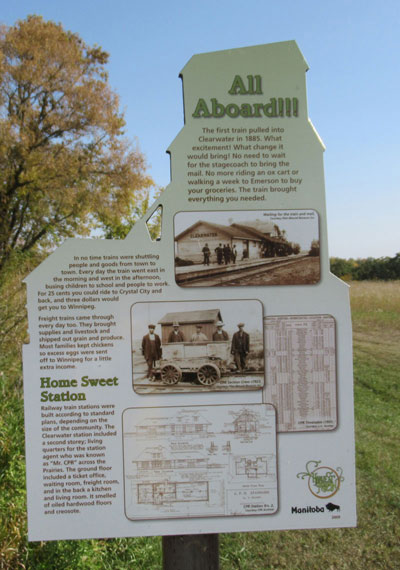
Several Heritage Displays display pride and understanding of the past.
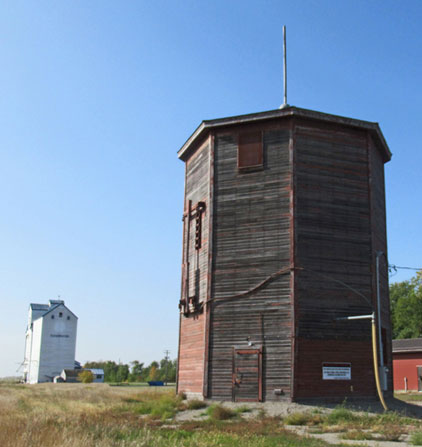
This railway water tower is a Designated Heritage Site. It is the onle one left in Manitoba on its original site.
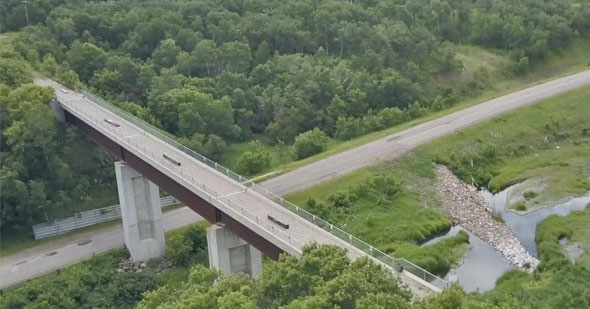
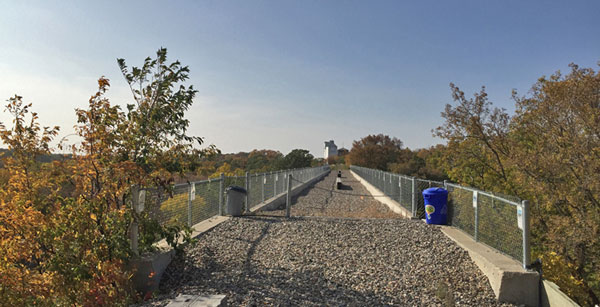
An abandoned railway bridge has been attractively re-purposed.
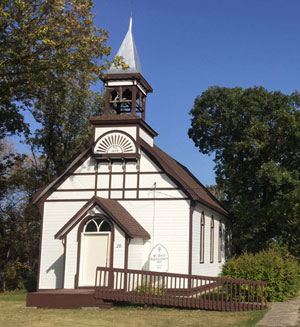
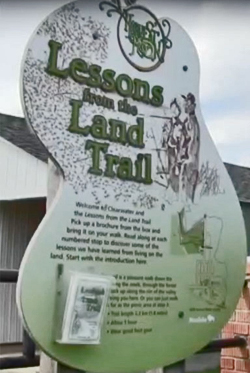
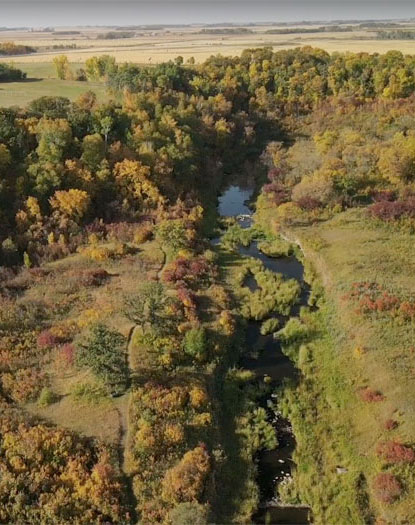
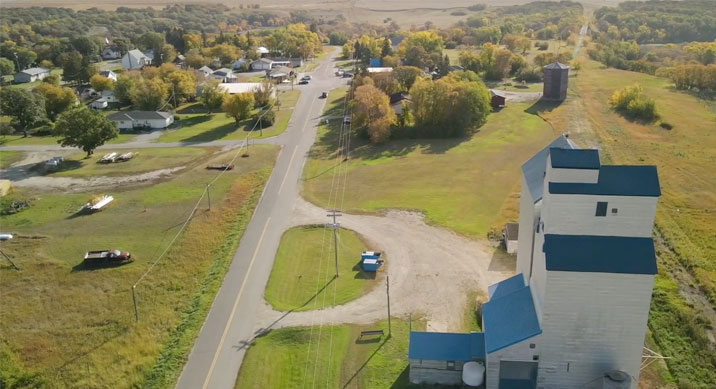

A Winnipeg Free Press article captured the essence of the community.
https://www.winnipegfreepress.com/local/tiny-town-scores-with-arena-cash-385053721.html

http://www.harvestmoonoh.com/about
The Harvest Moon Festival celebrates the harvest season and local food production, while providing an opportunity to link those from rural and urban communities. The festival is a key to promoting the Harvest Moon Learning Centre, the generous spirit of the Town of Clearwater, the talents of local artists, tasty produce of local producers and the beauty of the Pembina Valley.
An important economic development activity, the Festival brings in over 2,000 patrons annually and revenue generated from the festival gives an important boost to Clearwater organizations and businesses
We had the pleasure recently of visiting the tiny village of Clearwater.

Not many villages this size have both a restaurant and a store. Locals must support local.

Several Heritage Displays display pride and understanding of the past.

This railway water tower is a Designated Heritage Site. It is the onle one left in Manitoba on its original site.


An abandoned railway bridge has been attractively re-purposed.




A Winnipeg Free Press article captured the essence of the community.
https://www.winnipegfreepress.com/local/tiny-town-scores-with-arena-cash-385053721.html
The
folks in Clearwater, population 65 (give or take), have been
tending to their hockey arena as a community for 46 years.
Pretty much everyone in town volunteers. They have to.
And upgrades are the result of fundraisers and sweat.
So when the Clearwater Skating Rink became the first-ever winner of the annual Manitoba Hockey Hall of Fame’s $10,000 Community Award, word spread quickly.
"Yeah," noted arena president Perry Russell, "I told everybody."
Clearwater is a farming community about 200 kilometres southwest of Winnipeg along Highway 3, known for the Harvest Moon Festival (Sept. 16-18), a music and organic farming event that attracts 1,200 to 1,500 fans annually.
Pretty much everyone in town volunteers. They have to.
And upgrades are the result of fundraisers and sweat.
So when the Clearwater Skating Rink became the first-ever winner of the annual Manitoba Hockey Hall of Fame’s $10,000 Community Award, word spread quickly.
"Yeah," noted arena president Perry Russell, "I told everybody."
Clearwater is a farming community about 200 kilometres southwest of Winnipeg along Highway 3, known for the Harvest Moon Festival (Sept. 16-18), a music and organic farming event that attracts 1,200 to 1,500 fans annually.
http://www.harvestmoonoh.com/about
The Harvest Moon Festival celebrates the harvest season and local food production, while providing an opportunity to link those from rural and urban communities. The festival is a key to promoting the Harvest Moon Learning Centre, the generous spirit of the Town of Clearwater, the talents of local artists, tasty produce of local producers and the beauty of the Pembina Valley.
An important economic development activity, the Festival brings in over 2,000 patrons annually and revenue generated from the festival gives an important boost to Clearwater organizations and businesses
https://www.youtube.com/watch?v=LO72ffAghRk
ABOUT THE HARVEST MOON ORAL HISTORY PROJECT
Clearwater is located in Rural Municipality of Louise, Manitoba. Part of the Boundary Trail Heritage Region, in the Pembina Valley on the banks of the Cypress Creek, the town is enveloped by hills and valleys that interrupt southern Manitoba's more typical prairie landscape. Stories about Clearwater grow out of this geographic context; the recurring themes of steadfastness, community cooperation, and adaptation they contain emerge as much from this landscape and its inhabitants.
The Hamlet of Clearwater was established in 1876, in the North West Territories. The border of Manitoba at that time, marked by the 99th meridian, was approximately one mile to the west. Clearwater residents became Manitobans with the shift of territorial borders in 1881. In 1885 a Canadian Pacific Rail line was laid down through this farming community, and that same year, a major flood in the valley prompted residents to move their entire town up the hill to the higher ground on which it presently sits.
Much has changed in Clearwater since its earliest days, but a walk through the town today reveals evidence of its earliest days and layers of change over 140 years. Memorials, remnants of the Canadian Pacific Railway, various other buildings, and scars on the land reach back into earlier days. In the spaces between these landmarks, the town's age is well-concealed. The Curling Club and Arena, the sprawling and tidy parcel of land—home to Manitoba's longest running baseball tournament every July 1st—the Learning Centre, the Community Hall, and the town's two churches are as impeccably maintained as the homes of the town's current residences, hinting at their relationship to one another. A deeply rooted sense of community, generosity and volunteerism maintains Clearwater. Many of the town's social gatherings are annual affairs, and many of it's social clubs as old as the churches.
It was in this spirit that the Harvest Moon Society was established in 2001. The HMS is a collaborative urban/rural initiative formed by farmers, educators, musicians and various other skilled individuals. The HMS works with local residents of Clearwater to develop a action planning for long-term environmental and economic sustainability, and educational programming—and importantly, helps to implement those actions. Their work has resulted in the development of the eco-agricultural education and training centre (the Learning Centre) and the Harvest Moon Festival.
The Harvest Moon Oral History project explores and documents the history of Clearwater and the Harvest Moon Society through the stories told by past and present residents of Clearwater, visitors, and Harvest Moon Society collaborators.
The project’s intention is to highlight the interconnectedness of Clearwater's past and present with storytelling that it firmly rooted in the town's geography. We hope that by making Clearwater's history more accessible, we can highlight the commitment and collaboration that has allowed Clearwater to survive into the twenty-first century. With stories of historic landmarks, events, farming, community building, rural/urban collaboration, sustainability, food sovereignty, education, music, art, and a map of the town, we hope the Harvest Moon Oral History project will allow you to virtually learn about the town much as we did: by visiting, exploring and listening.
 |
 |
 |